|
|
 | |  |
 |
Entries in category: 11
Shown entries: 1-10
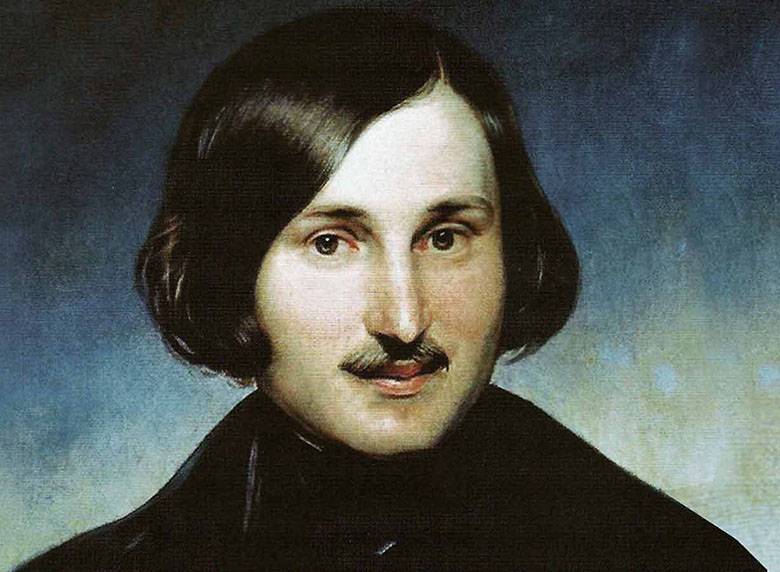 Mykola Gogol fascinated and outraged his contemporaries. He left his descendants the idea of national liberation and an almost mystical biography. The facts about the author of "Taras Bulba" and "Evenings on a Farm Near Dikanka" are as interesting as the legends. Mykola Gogol fascinated and outraged his contemporaries. He left his descendants the idea of national liberation and an almost mystical biography. The facts about the author of "Taras Bulba" and "Evenings on a Farm Near Dikanka" are as interesting as the legends.
|
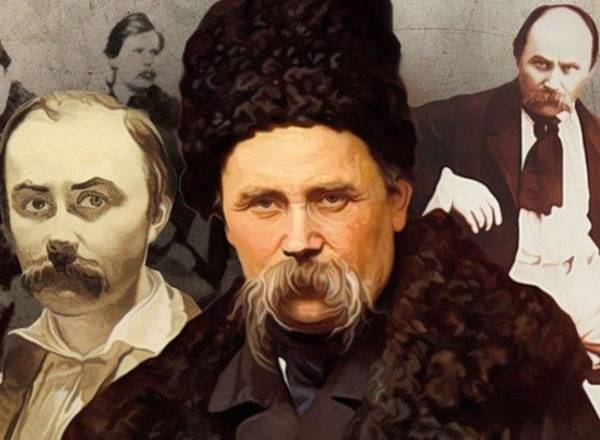 Taras Hryhorovych Shevchenko is an outstanding poet, artist, and a source of pride and inspiration for the Ukrainian people. Much has been written about the life and work of this renowned master. However, there are intriguing facts in the biography of the Kobzar that are not widely known but fully reveal the multifaceted character and talent of the artist. Taras Hryhorovych Shevchenko is an outstanding poet, artist, and a source of pride and inspiration for the Ukrainian people. Much has been written about the life and work of this renowned master. However, there are intriguing facts in the biography of the Kobzar that are not widely known but fully reveal the multifaceted character and talent of the artist.
|
 Giordano Bruno entered history as a controversial figure who sacrificed himself for science, aiming to dismantle commonly accepted church dogmas. His bold ideas and free interpretations of old postulates were not met with approval by the conservative clergy, which led to his wanderings and later execution. Regardless, the thinker’s name is now associated with someone who suffered for his beliefs. Giordano Bruno entered history as a controversial figure who sacrificed himself for science, aiming to dismantle commonly accepted church dogmas. His bold ideas and free interpretations of old postulates were not met with approval by the conservative clergy, which led to his wanderings and later execution. Regardless, the thinker’s name is now associated with someone who suffered for his beliefs. |
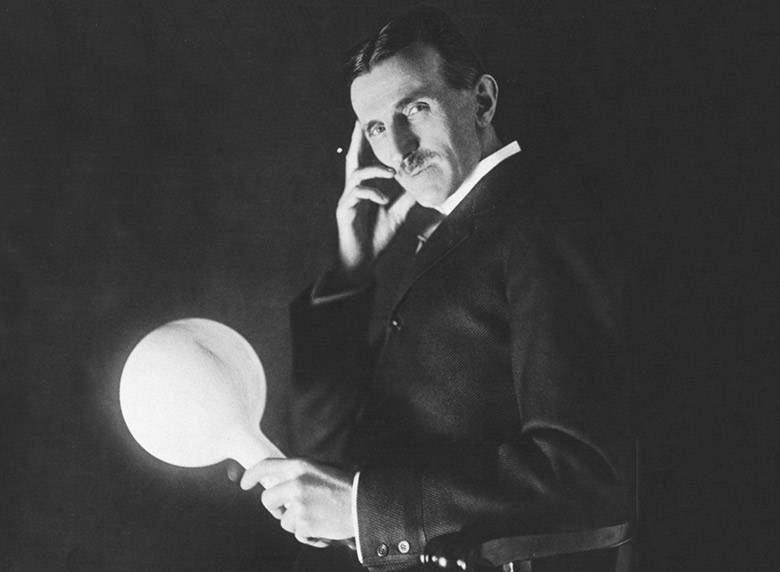 Nikola Tesla is one of the most enigmatic scientists, whose inventions continue to intrigue the scientific community. Some of his brilliant discoveries were not understood by his contemporaries, while others mysteriously disappeared, leaving a wealth of material for science fiction writers and conspiracy enthusiasts. It is also known that the great inventor had extravagant personality traits and strange habits. Nikola Tesla is one of the most enigmatic scientists, whose inventions continue to intrigue the scientific community. Some of his brilliant discoveries were not understood by his contemporaries, while others mysteriously disappeared, leaving a wealth of material for science fiction writers and conspiracy enthusiasts. It is also known that the great inventor had extravagant personality traits and strange habits. |
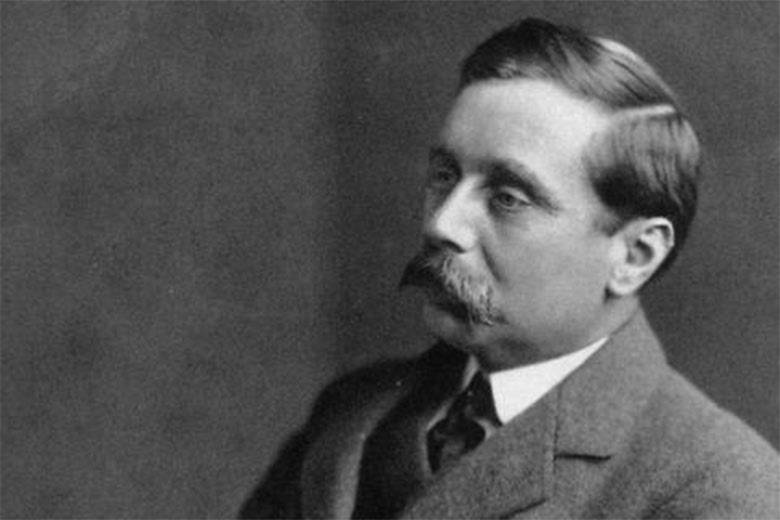 English writer Herbert Wells was an extraordinarily versatile person, and the flight of his imagination knew no bounds. In the realm of science fiction, he is a competitor to Jules Verne, and while Verne pioneered the genre, Wells continued it with distinction. English writer Herbert Wells was an extraordinarily versatile person, and the flight of his imagination knew no bounds. In the realm of science fiction, he is a competitor to Jules Verne, and while Verne pioneered the genre, Wells continued it with distinction.
|
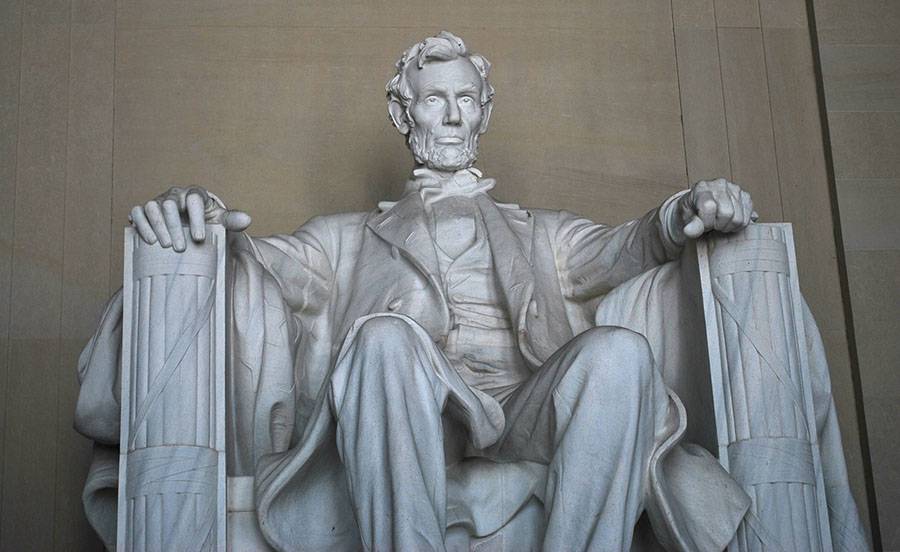 The world has always been filled with mad people. Mentally ill or simply eccentric mad people have changed the planet. Fits of rage or depression, and simply a different way of thinking, have spawned mathematical theories, amazing inventions, beautiful poetry, as well as musical and artistic creations. The world has always been filled with mad people. Mentally ill or simply eccentric mad people have changed the planet. Fits of rage or depression, and simply a different way of thinking, have spawned mathematical theories, amazing inventions, beautiful poetry, as well as musical and artistic creations. |
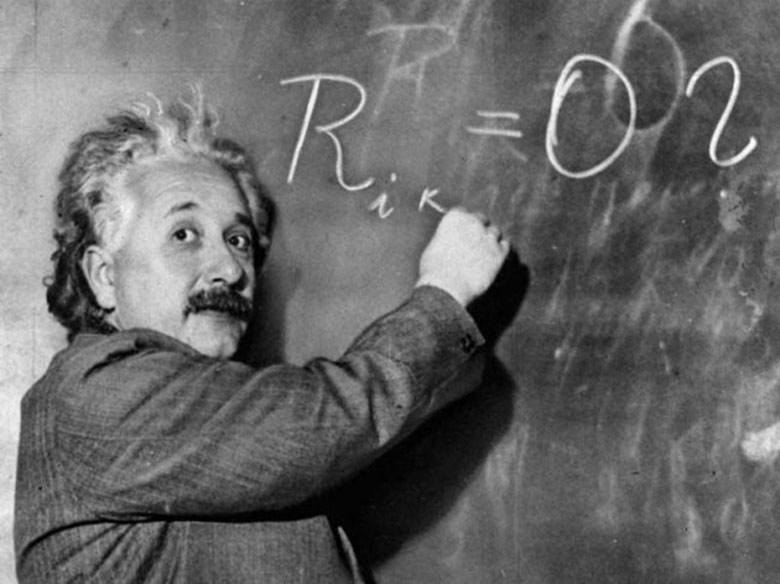 One of the most famous figures of the first half of the 20th century was Albert Einstein. This outstanding scientist achieved much in his life, becoming not only a Nobel laureate but also fundamentally changing scientific perceptions of the Universe. He authored approximately 300 scientific papers on physics and around 150 books and articles in various fields of science. One of the most famous figures of the first half of the 20th century was Albert Einstein. This outstanding scientist achieved much in his life, becoming not only a Nobel laureate but also fundamentally changing scientific perceptions of the Universe. He authored approximately 300 scientific papers on physics and around 150 books and articles in various fields of science.
|
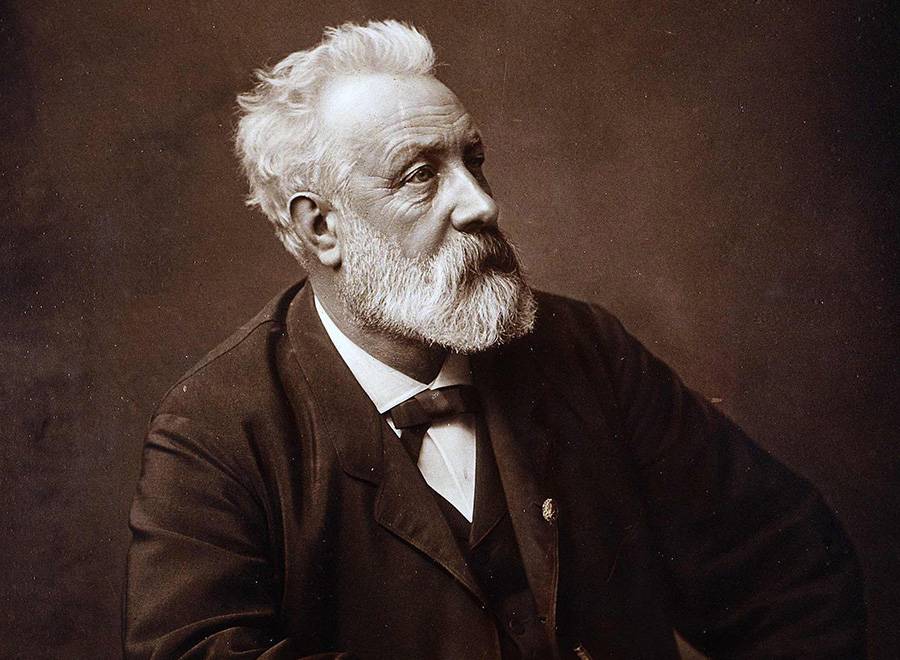 Legendary French writer Jules Verne is considered the father of science fiction. Most of the fantastic things he wrote about in his books were later invented or discovered. Legendary French writer Jules Verne is considered the father of science fiction. Most of the fantastic things he wrote about in his books were later invented or discovered.
Jules Verne's entire body of work is united by one thing—his passion for travel and adventure, which remained with him throughout his life and which he infused into his books. |
 Sir Isaac Newton was an eminent physicist, astronomer, and mathematician. He left his mark in history as the creator of the foundations of physics and natural science. During his lifetime, he discovered the law of universal gravitation, the three fundamental laws of mechanics, and also developed the "theory of light," laying the groundwork for modern optics. His contributions also include the invention of differential and integral calculus, among numerous other discoveries and studies. Sir Isaac Newton was an eminent physicist, astronomer, and mathematician. He left his mark in history as the creator of the foundations of physics and natural science. During his lifetime, he discovered the law of universal gravitation, the three fundamental laws of mechanics, and also developed the "theory of light," laying the groundwork for modern optics. His contributions also include the invention of differential and integral calculus, among numerous other discoveries and studies.
|
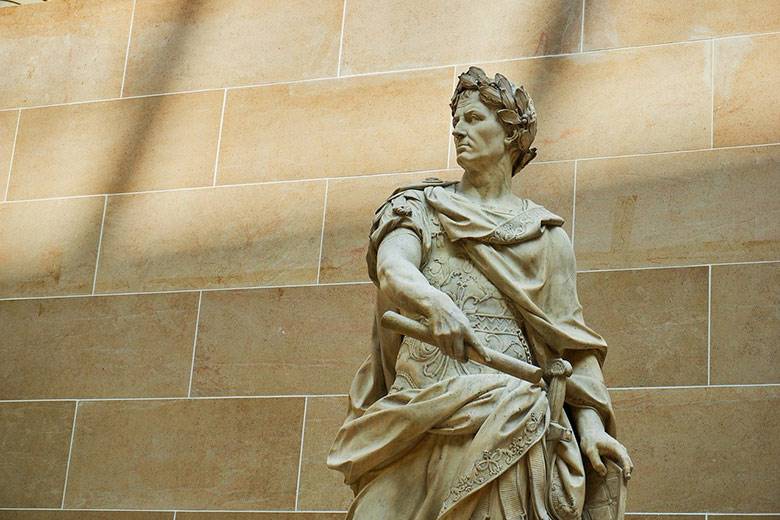 Gaius Julius Caesar came from the ancient patrician family of Julius. The Julius family made a significant contribution to the politics and life of the early Roman Republic in the 5th-4th centuries BC. e. Not all members of the Yuli family held high government posts in the republic, but among them there are still notable political figures. Gaius Julius Caesar came from the ancient patrician family of Julius. The Julius family made a significant contribution to the politics and life of the early Roman Republic in the 5th-4th centuries BC. e. Not all members of the Yuli family held high government posts in the republic, but among them there are still notable political figures. |
|  |
 | |  |
|
|





